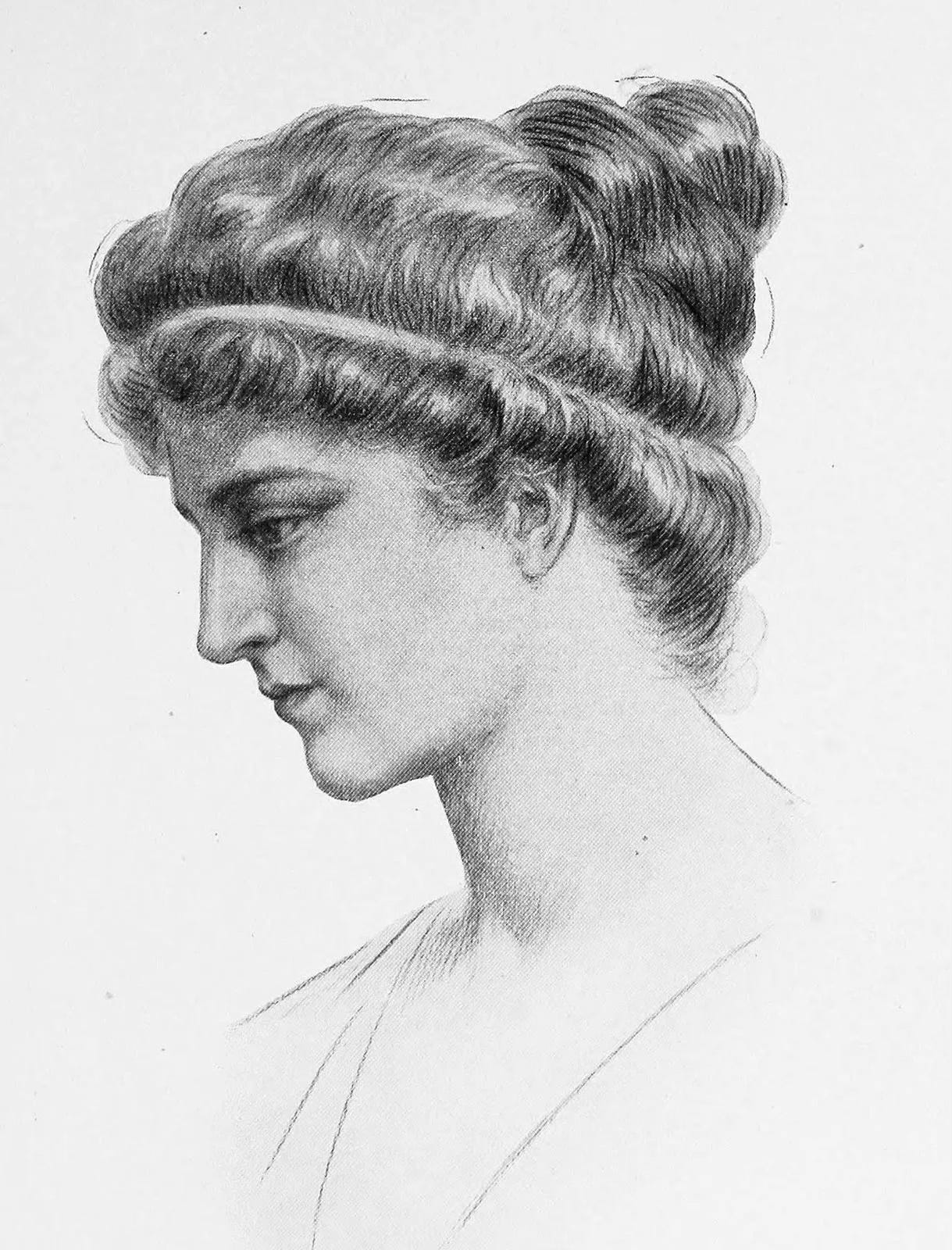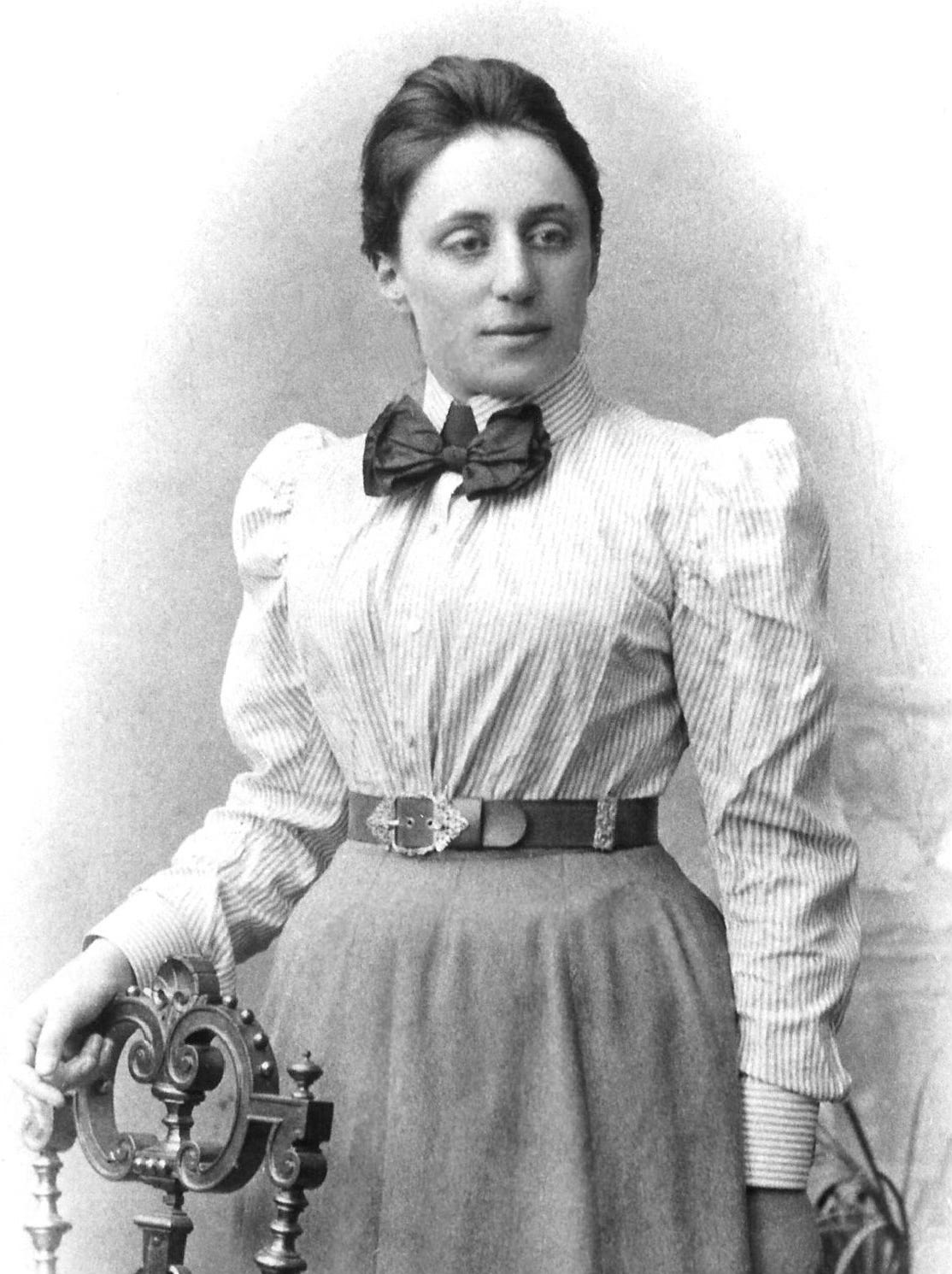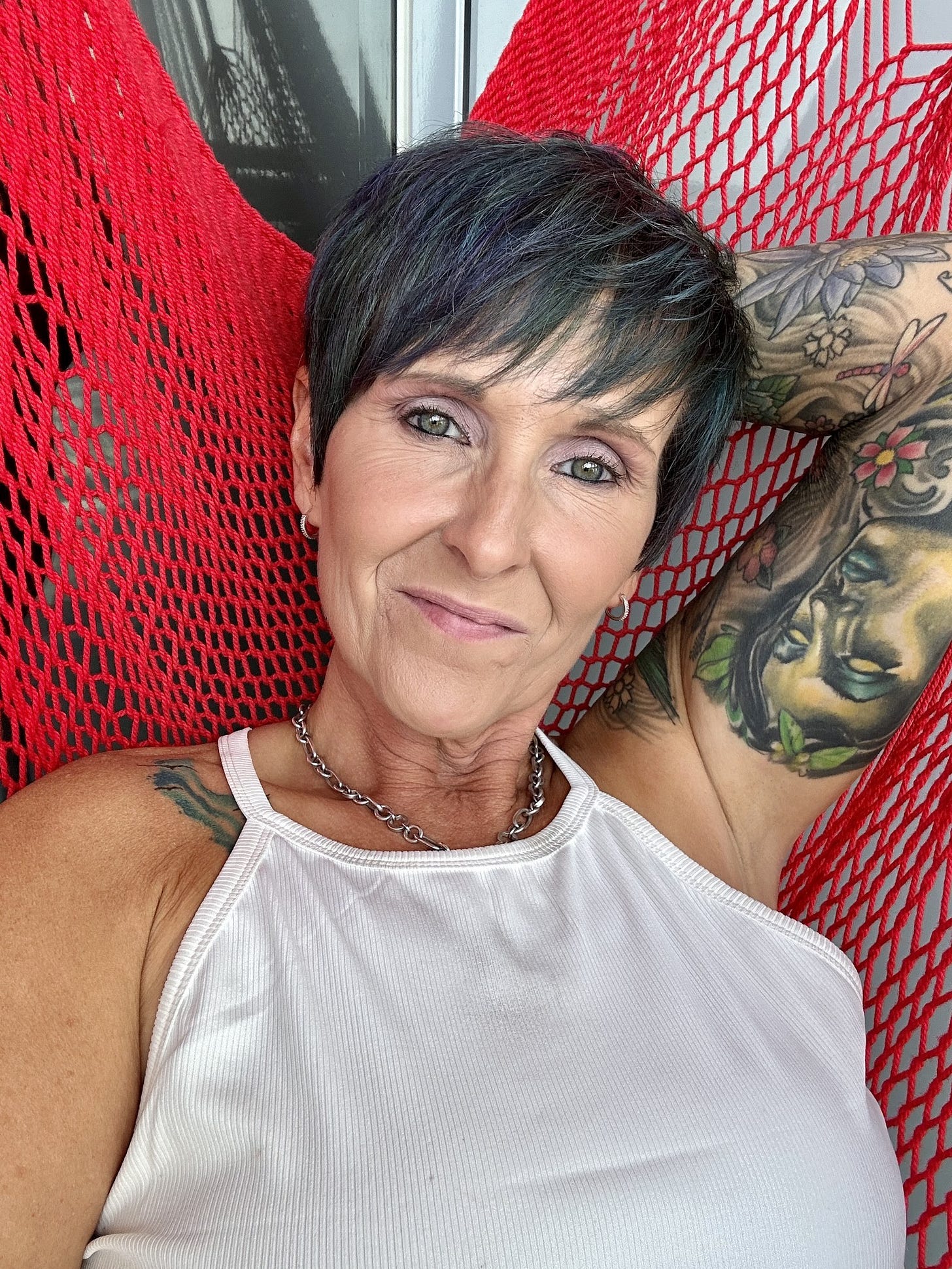The Devil (and the Story) Is in the Details
Turns out, I wasn’t obsessing—I was archiving. Slowly building a life, a voice, and a story worth owning.

Back in the early 1990s, when I was editor of a women’s business magazine, I interviewed author and business coach, Gilda Carle. One of her workplace observations was that men focus on making deals while women focus on details.
The idea being that women are tied up with the minutia – while men make rain – and the big bucks. She was urging women to take more risks.
Her words have stayed with me for 30 years because I too, am a minutia-minder.
Which is why I am great at worm-holing into databases for hard-to-find facts. If facts could get a cease and desist, I would be in big trouble.
My career started out as a business and technology reporter. Because of my writing on digital advancements, NJ Press hired me to run its new digital division in 1995. I put two daily papers on the web, offered Internet dial-up and built numerous web companies. This was all before 1999. After Gannett laid me off, I was at a loss as to what to call myself. Fortunately, a tech company heard me speak and called me a domain expert. But that sounded pretentious to me, so I opted for business development. I’ll get to why that was a dumb mistake.
You’ve probably heard of the company Girls Who Code. The founder, Reshma Saujani, gave a Ted Talk1 on how girls are taught to be perfect – while boys are taught to be brave. Men won’t apply for a job unless they have 60% of the skills asked for. Women? They won’t apply unless it is 100%. A male executive I worked with said he routinely saw men with 20% of the skills applying.
Reshma believes there is a Bravery deficit when it comes to girls and women in general. In her company, instructors have learned that when they see female students sitting in front of blank screens to hit the undo button a few times. Suddenly, the work reappears. Turns out the girls erased all their efforts – because the code wasn’t perfect. Sometimes it might be as simple as missing a comma. Boys just don’t do that.
I don’t think perfectionism is exclusive to women—but I do think many women were trained to be perfect. Quietly, politely, invisibly. Sometimes as daughters. Often as workers. And too often as creators. But the consequences of it—the sidelining, the second-guessing, the erasure—have been especially steep for those told to “know their place.”
That was me. Well, I would never erase what I did. How could I erase if I hadn’t even started? I agonized before starting a writing project or speech – had I done enough research? Did I have the perfect angle? Bravery wasn’t something I lacked entirely—it just had to be earned, proven, begged for –- and timed to a deadline.
Girls excel in school until around fifth grade. Internalized doubts seem to get worse around puberty. Yet, women have had foundational roles in science, technology, engineering, mathematics (STEM) jobs. From ancient times, women have excelled at all of those things – despite often not being allowed to study, take jobs, or be promoted. Looking at:
The early thinkers: Hypatia, Sophie Germain, Ada Lovelace2
These women were brilliant not in spite of their time, but in open rebellion against it.

The space-and-science explorers: Katherine Johnson, Mae Carol Jemison, Wally Funk3,
They didn’t just reach for the stars—they mapped the trajectory.
The overlooked pioneers: Alice Augusta Ball, Chien-Shiung Wu, Virginia Apgar4
They might have been overlooked, but their discoveries live on.
I thought about my own youth: be perfect, be a lady, get straight As – and don’t wear jeans. (My dad believed if you wore jeans you might turn into Patty Hearst.) The message I took away was don’t try to be anything you don’t think you would be great at. I mean, I would do the work, I just didn’t have the hubris to give myself more lofty titles like chief technology officer or chief digital officer– even though, in essence, that’s what I was at the media company.
I didn’t have an engineering degree – nor even a business one for that matter. So I stayed with business development (BD). But BD is often considered a role in sales or marketing. I kept meeting people (male) with less expertise than me – that didn’t hesitate to use more lofty terms. While I was highly sought after as a speaker and an author for thought leadership, I got positioned in marketing versus product development or sales. Maybe it was because I was a woman.
When I was handed copy created by so-called experts in my company, I often had to rewrite it – as there was no meat there. I started thinking about Gilda’s remark – I was busy tending to the details – while others (male) became the rain makers.
Reshma proffers it is because boys are more likely to be taught to be brave, leading them to take more physical and vocational risks.
I recently found another interesting talk. This time by a man, Roy Casagranda professor of Government at Austin Community College. Apparently human females are in the company of Orcas and elephants as one of only three species that actually have evolved to a longer lifespan after menopause. For most species, waning infertility and death go hand in hand. So why would women have a quarter century of life— after ceasing to be able to give life?
“We require education and information to survive,” says Casagranda.5 Since childbirth is dangerous, if mother’s die, there needs to be a backup.
“We have evolved grandmas,” he exclaims.
Women have evolved to be the continuing knowledge source — wisdom. Post-menopausal women are literally nature’s backup plan.
I was taking “creative breaks” while writing this – and watching videos by Comic
The real life Sherri Dindal was the final inspiration I needed.
All those details I obsessed over for all those years were my training ground for storytelling. And here’s my deal: I was making meaning. Slowly, meticulously in my own Gemini/ADHD-damned way.
So, to recap:
I came out of the gate fast, slowed myself down trying to get everything right, then finally said to hell with it. Perfect is exhausting.
Those details I once thought were trite? They weren’t distractions. They were scaffolding. They were the quiet work of building a voice—and a life—with meaning.
Maybe it’s not just age or gender that frees us—it’s finally realizing we’ve earned the right to stop proving ourselves, and just say what we know.
If I’m going to be a Grandma of Wisdom (with or without grandchildren) it will take stretch marks, a quiver of details, and just enough moxie to keep my audience engaged.
Turns out, the power isn’t in the deal -- or the detail. It’s in owning the damn story.
If you are enjoying my writing, please click the heart, share this story with friends, or leave a comment! That’s how others will find my work.
Thank you so much!
What I Am Reading
I just finished Barbara Kingsolver’s The Poisonwood Bible. That was on the heels of reading her Unsheltered. Set in the Belgian Congo in 1959, it’s an allegory for religion, politics, and morality that touches on colonialism, domestic violence, racism, and misogyny. She presents the perspectives of a wife of a tyrannical Baptist preacher and their four daughters, and their own personal evolutions in their surroundings. With the exception of the five-year old, I always knew which voice I reading. I thought the vocabulary for the child was too adult. Then again, maybe that was by design.
Next up is Claire Messud’s This Strange Eventful History.
Ted Talk: Reshma Saujani Teach Girls Bravery, Not Perfection, Feb 2016
https://www.ninety-nines.org/wally-funk.htm






"Expert of my Domain" or perhaps the Latin version Peritus in Domum. I'm getting a feel for my new title on my business card.
After a career in finance, where I observed and lived this same experience, I needed to read this!